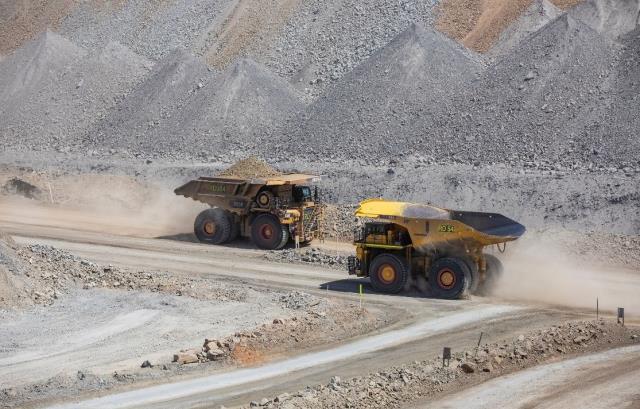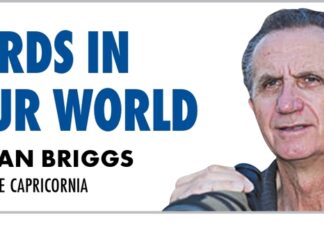The Central Queensland mining industry are once again under attack through both Federal and State Government’s ill-thought out policies surrounding the resources sector.
Last week, BHP announced they will be undertaking cost-cutting measures across their company to following additional pressures inflicted through the colossal increases to coal royalties implemented by the State Government last year.
The Federal Government’s Safeguard Mechanism taking effect from 1 July putting further downward pressure on the industry.
Despite the Queensland resources sector delivering the state’s first budget surplus in 15 years and the coal, gas and minerals production significantly contributing to the Queensland economy by a record $94.6 billion in the 2021-22 financial year, the industry continues to be punished.
With the push to hit Net Zero targets growing not only here in Australia, but also right across the globe, the need for mining for coal and critical minerals has never been stronger.
Australia is on the precipice of a key resources mining boom to meet the high demand for the critical minerals required to create low emission technologies, battery production, solar panels and electric vehicles.
It is a rather inconvenient truth for climate activists that in order to decarbonise our nation, we need more mining.
With cost-of-living already bringing people to their knees, now is not the time to impose new legislation to make it harder for families or risk heavy job losses across an industry that has supported Australia to become what it is today.
From 1 July, Labor’s Safeguard Mechanism will come into effect.
The Safeguard Mechanism is another carbon tax with a facelift that only serves to punish the people who drive our economy.
Not unlike the Carbon Tax of the Gillard era, the Safeguard Mechanism serves to place a dollar figure on carbon emissions.
When Julia Gillard introduced her carbon tax, the price she put on a tonne of carbon was $23. Now, the Albanese Government has decided that each tonne will cost a business $75 and by 2030, it will increase to $100 a tonne.
Central Queensland will become the epicentre for Labor’s Carbon tax, with almost 75 percent of the facilities located in just two federal electorates. 28 operate in my electorate of Capricornia and 18 in the electorate of Flynn.
The announcement by the Labor Government earlier this year to impose a carbon tax has a more far-reaching affect than just on the company operating these facilities.
It will affect how much families pay to switch a light on, put fuel in their car and higher grocery bills.
The resources industry has brought growth and economic support.
Yet, Labor wants to stifle the industry and prevent development and investment. While in turn, driving up household bills even further to meet their climate goals.
Thousands of jobs are on the line if the Labor Government continue with their regime of punishing the resource sector with taxes. The ones to suffer will be families and communities that greatly benefit from the industry.








